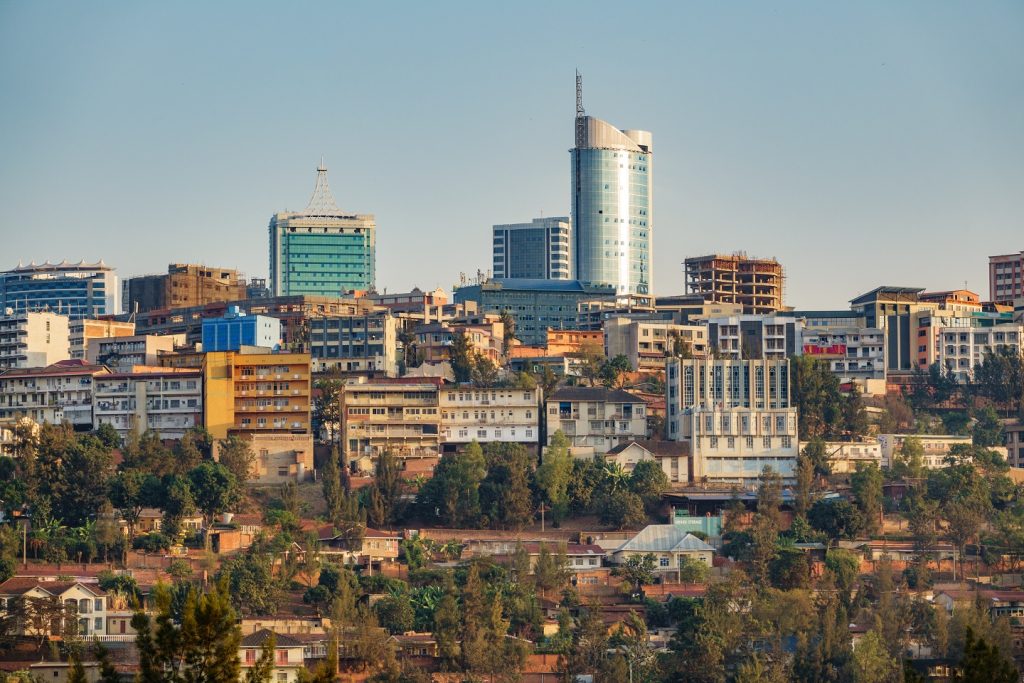As the CEO of a rapidly growing Real Estate firm, I’m always on the lookout for emerging markets that present promising opportunities for investment and expansion. Rwanda, the land of a thousand hills, has caught my eye as a prime destination for real estate development in recent years.
This small, landlocked nation in East Africa has been making remarkable strides in economic growth, social progress, and political stability since the tragic genocide of the 1990s. Under the leadership of President Paul Kagame, Rwanda has become one of the most competitive economies in Africa, implementing business-friendly policies and tackling corruption head-on.

For players in the construction and real estate sectors, Rwanda offers an enticing combination of factors. First and foremost, there is a clear demand for high-quality housing, commercial properties, and infrastructure projects fueled by rapid urbanization and a rising middle class. Kigali, the capital city, is a prime example – its metropolitan area is projected to accommodate up to 3.8 million residents by 2040, up from around 1.2 million today.
To meet this demand, the government has been actively encouraging real estate investment through initiatives like the Integrated Craft Production Village program and the new Kigali Master Plan, which aims to transform the capital into a modern, sustainable city. Acquiring land in prime areas within Kigali and other major cities could be a wise move for those willing to hold properties long-term.

At the same time, operating costs in Rwanda are relatively low compared to other markets in the region. Construction materials can be sourced locally or imported duty-free, labor costs are competitive, and tax rates are investor-friendly, with corporate income tax at a flat 30%. The country’s strategic location also facilitates international trade and logistics.
That said, doing business in Rwanda is not without its challenges. Although the economy has been growing steadily, it’s still relatively small. Land titles and property rights need to be carefully verified. And as is the case anywhere, choosing the right local partners and maintaining compliance with evolving regulations is crucial.
From my perspective as a construction leader, Rwanda represents a compelling frontier market for real estate development. By entering now and acquiring strategic land holdings and prime properties, investors can get in on the ground floor of Kigali’s urbanization boom. With careful planning, rigorous due diligence, and strategic partnerships, the rewards of operating in this up-and-coming market could be tremendous.

